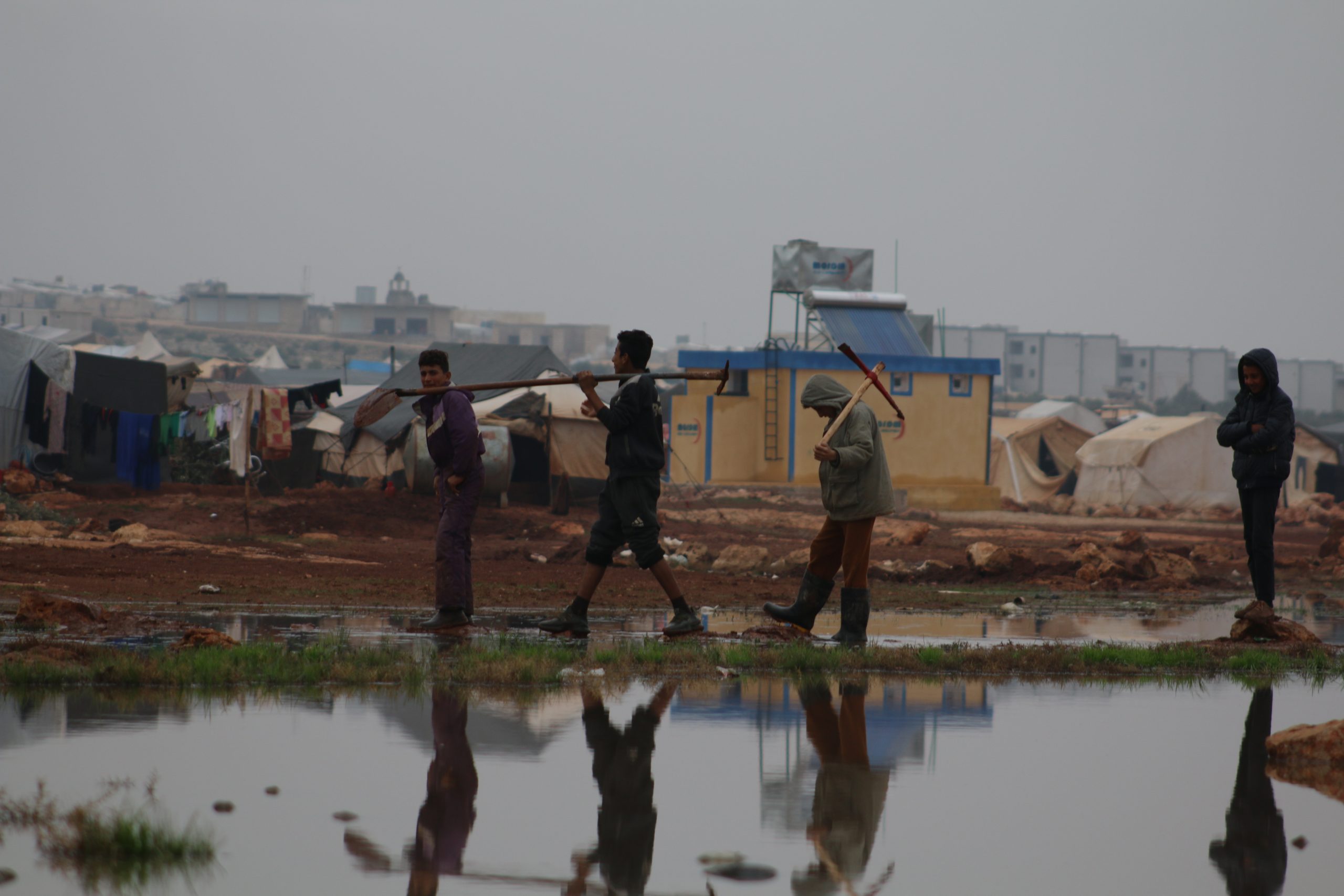Boys face a significant risk of not completing their education

Globally only 88 men are enrolled in tertiary education for every 100 women. In 73 countries, fewer boys than girls are enrolled in upper-secondary education, while the opposite is the case in 48 countries. These UNESCO data highlight a global phenomenon: child labour and poverty, among other factors, prevent boys from engaging fully with learning and contribute to repetition and dropout.
In all regions except sub-Saharan Africa, young men are underrepresented in higher education. This is particularly acute in North America, Western Europe, Latin America and the Caribbean, where 81 young men for every 100 young women are enrolled at tertiary education. In East Asia and the Pacific, the equivalent is 87, while in the Arab States and Central and Eastern Europe region, it is 91.
Poverty and Child Labour: Barriers to Boys’ Education
Of the 160 million children engaged in labour activity in 2020, 97 million were boys. One of the main reasons is the lack of a protective legal framework. Of 146 countries with data, only 55 have a minimum age of employment aligned with the end of the countries’ stipulated years of compulsory education and above the age of 15, while 31 percent have a minimum age for employment below the age of 15 or do not clearly define a minimum age.
Identifying the warning signs and providing solutions
In some countries, the signs that boys are falling behind in education already appear at the end of the first level. In 57 countries with data, boys aged 10 performed worse than girls in mastering reading skills and adolescent boys continued to lag behind girls in reading skills at the secondary level. This trend is seen across East Asia and the Pacific, Latin America and the Caribbean, and the Arab States, which show some of the highest risk of boys dropping out of school.
The UNESCO report also reveals that only a few programmes and initiatives address the phenomenon of boys’ disengagement from education. It provides a set of concrete recommendations to prevent boys’ dropout, make learning safe and inclusive, invest in better data and evidence, build and finance equitable education systems, and promote integrated and coordinated approaches to improve education for all learners.
Report From UNESCO
Related Posts
Syrian girl who survived horrors of war crowned Arab Reading Challenge champion
A Syrian schoolgirl who survived a deadly missile attack during the civil war in her country has been crowned Arab Reading Challenge champion in Dubai….
November 11, 2022Kind Hearts book is launched in Wexford Library where children recount life in Syria
We’ve become accustomed to seeing children arriving into this country from war-torn nations, grown used to images of terrified people seeking refuge in this safe-haven we have provided. But rarely do we see beyond those pictures, those snippets in time, each of them fading, merging into one as further conflict erupts in lands anew….
October 18, 2022


